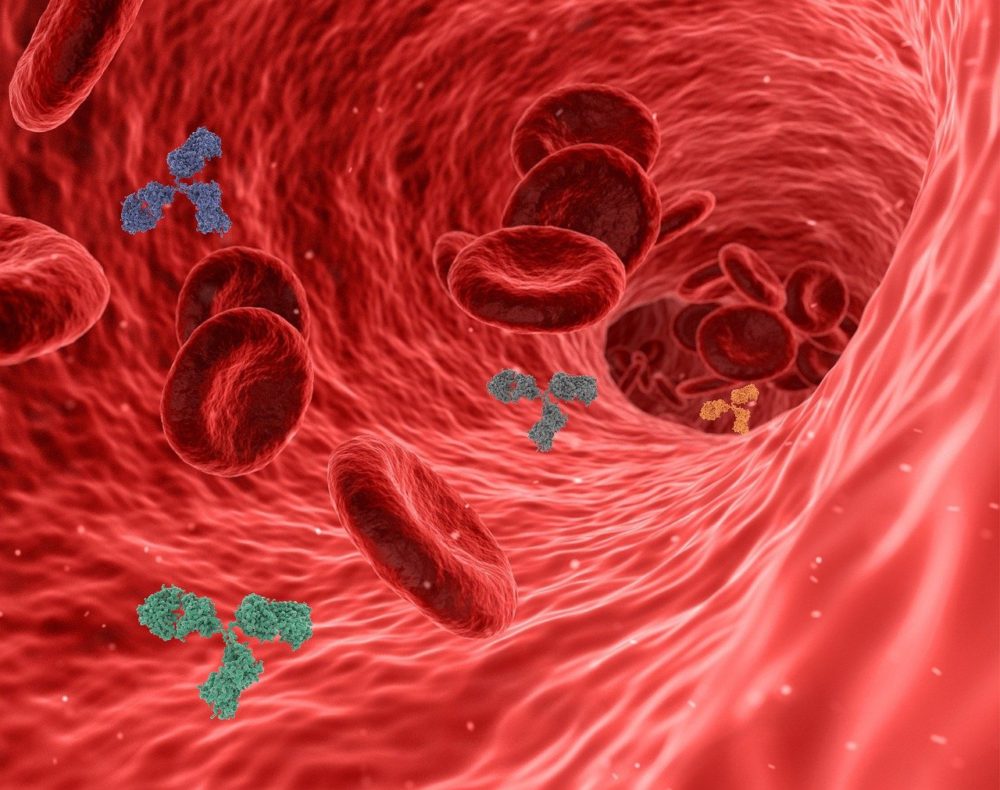Lately, I’ve seen a lot of incorrect information on social media about how multiple sclerosis affects our immune system. Some of it seems to be generated by concerns that MS makes someone more susceptible to COVID-19, or confusion about whether people with MS can safely receive a COVID-19 vaccine.
Here are a couple examples:
Immunosuppressed or immunocompromised?
One person with MS wrote online that he is “immunosuppressed.” But MS does not weaken the immune system. Some disease-modifying therapies (DMTs) are designed to do that but the disease, itself, does not.
Another thinks she should be in a priority group for the COVID-19 vaccine because her immune system is “immunocompromised.”
Nope. MS isn’t on the U.S. Centers for Disease Control and Prevention’s list of medical conditions that increase the risk of infection with the novel coronavirus. That’s because MS doesn’t reduce the ability of the immune system to fight off a bacterial attack or a virus like the coronavirus. MS attacks the central nervous system, not the immune system. In fact, our immune systems are super active.
Immune-mediated immune systems
MS is an autoimmune disease. It’s one of about 80 illnesses in which the immune system mistakenly attacks a part of the body. Rogue immune cells target healthy tissue as if it were a harmful virus, bacteria, or cancer. In MS, the targets of this attack are the brain, the nerves along the spine, or both. The U.S. National Multiple Sclerosis Society refers to this as being immune-mediated.
Believing in “KISS” (“Keep it simple, stupid”), my nonscientific description of people with MS is that our immune system is messed up or supercharged and our nerves are literally frayed.
DMTs are designed to control this abnormal activity. Some attempt to disrupt the activation of unruly immune cells, some try to reduce the number of these cells, and others try to block the movement of these cells into the central nervous system from the circulatory system.
Because DMTs are designed to reduce the activity of immune system cells, scientists think some of these treatments may also reduce the ability of the immune system to fight the coronavirus. So, although MS isn’t on the CDC’s list of conditions that increase COVID-19 risk, it’s recommended that people with MS coordinate the timing of some DMTs if a COVID-19 vaccination is planned.
That’s good advice, no matter how you label your disease.
(A version of this post first appeared as my column on the MS News Today website.)
(Featured image by swiftsciencewriting from Pixabay.)



